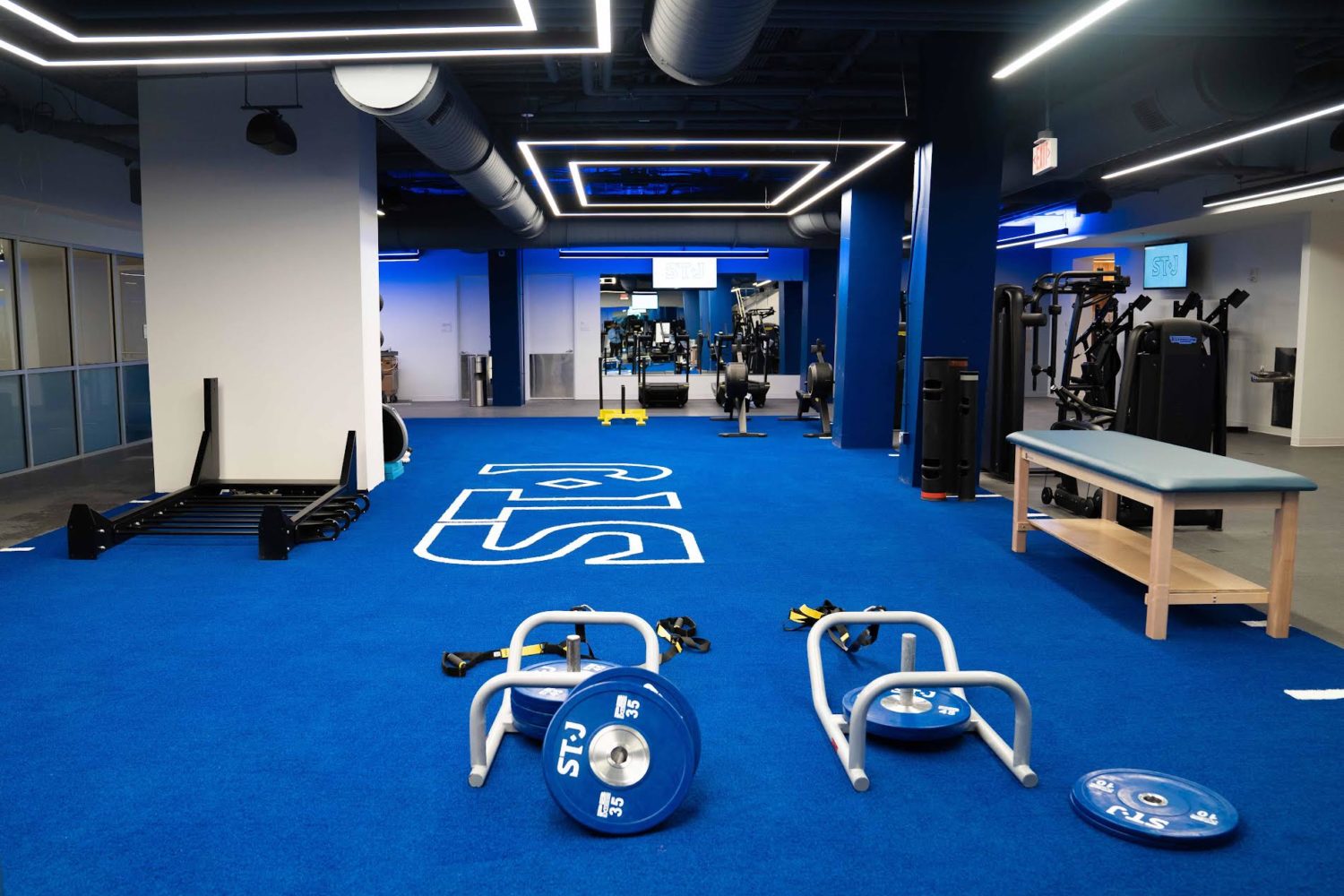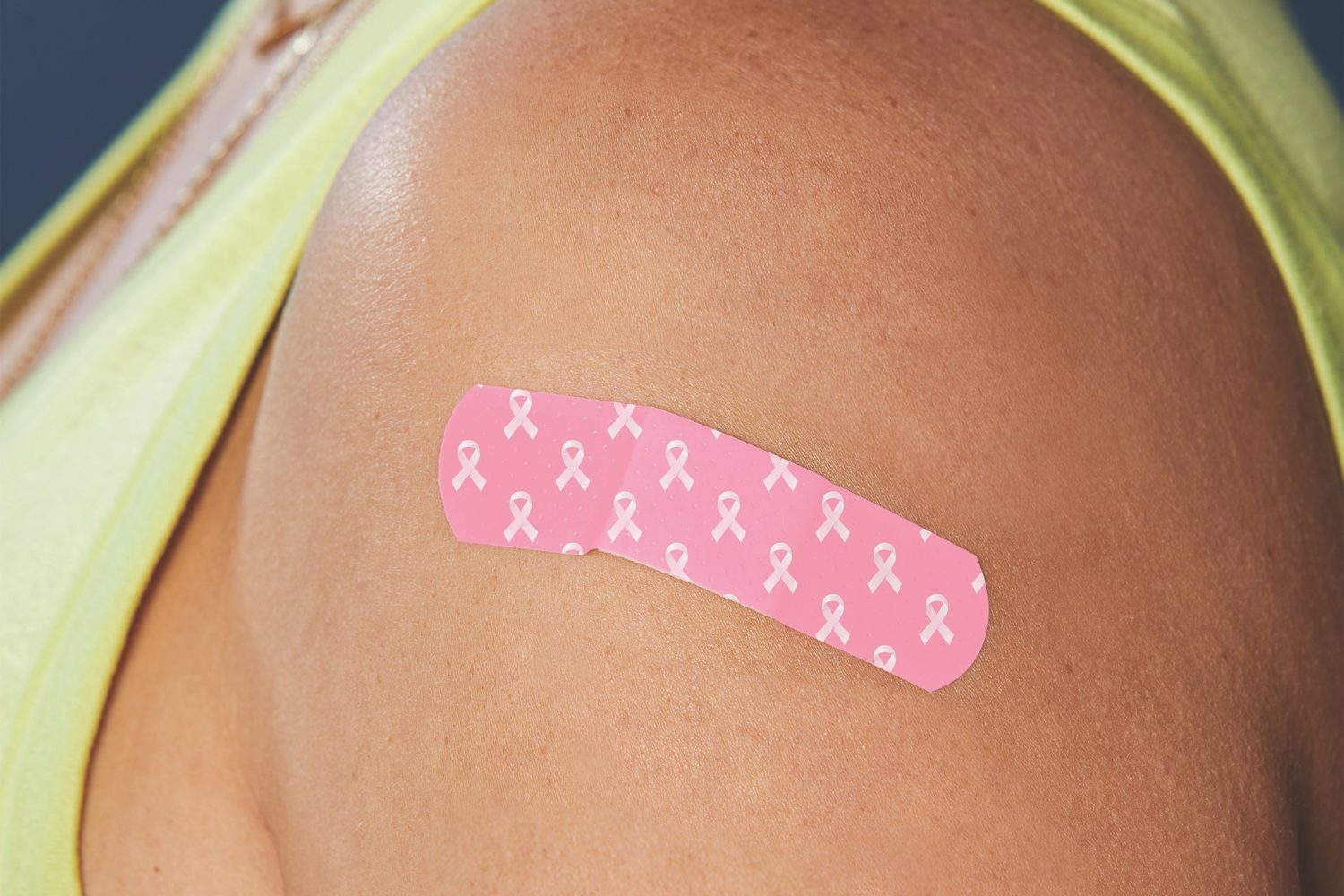Helping Hands
NEW MOTHERS OFTEN FEEL VULNERABLE–physically and emotionally. Two types of support, doulas and lactation consultants, provide not only another set of hands but heart.
A doula–the word is Greek for "servant"–stays with a woman through labor. Although she has training in childbirth, she has no medical expertise. She might provide a shoulder to lean on or remind a woman of her options when she's thinking least clearly.
"A doula can keep a cool head and explain what's happening to mom and partner and help them stay calm," says Larissa Guran, who runs the doula program at Holy Cross Hospital (301-754-8800). Holy Cross offers the only integrated program in the Washington area, where a doula is provided for an additional charge. At most hospitals, doulas are privately hired by the woman.
As medical personnel come and go over the course of a labor, a doula remains a constant presence.
"A woman might not know what physician will be taking care of her, she may have different nurses, but there will be one person there the whole time," Guran says.
A Case Western Reserve University study showed fewer complications–including C-sections and forceps deliveries–among women who used doulas. A South African study showed lower levels of postpartum depression in women who used doulas. The use of doulas is also said to shorten the length of labor, reduce requests for pain medication, and increase a mother's perception of her spouse's helpfulness. Having a doula takes some of the burden off the partner, too.
Doulas of North America (888-788-DONA, www.dona.org) is the major certifying organization. It provides referrals and a list of questions to ask, such as whether a doula has backup if she's unavailable.
Doulas here charge about $600 to $900, higher than the national average of $450 to $500. Some insurers offer reimbursement. The Holy Cross program charges $350 and holds monthly open houses (301-754-8800).
There are also postpartum doulas, who come to the home to help with everything from newborn care to housework.
WHILE BREASTFEEDING IS A NATURAL process, it can be hard getting started. A lactation consultant, usually a pediatric nurse, can help a mother who is having breast pain or a baby who's getting gassy from sucking air. She can make sure the baby is getting enough milk and monitor the mother for signs of infection.
This business has been booming, as hospitals and birthing centers report breastfeeding rates of as much as 90 percent these days. Doctors and nurses attribute these high numbers to reports that breastfeeding can help prevent everything from ear infections to obesity and to new equipment and workplace policies that make it easier for women to pump breast milk.
Lactation consultants are available through hospitals, pediatric practices, and breastfeeding centers such as the one at Inova Fairfax Hospital, where the charge is $60 per hour (proratable). "We have a little boutique here where women can buy bras," says the hospital's Toni Ardabell. "We try to get sexy ones–black lace–so you can go home feeling good about breastfeeding." Some consultants, such as those at the Breastfeeding Center for Greater Washington (202-293-5182), offer home visits.
If you want a head start, hospitals offer classes in breastfeeding; Georgetown University Hospital even has a Return to Work and Breastfeeding class.
The reigning queen of breastfeeding is the La Leche League, a nonprofit mother-to-mother support group founded in 1956. It offers 24-hour phone counseling; call 202-269-4444 to find a group. Some find its breastfeeding-no-matter-what philosophy rigid, but it has helped many mothers.


















